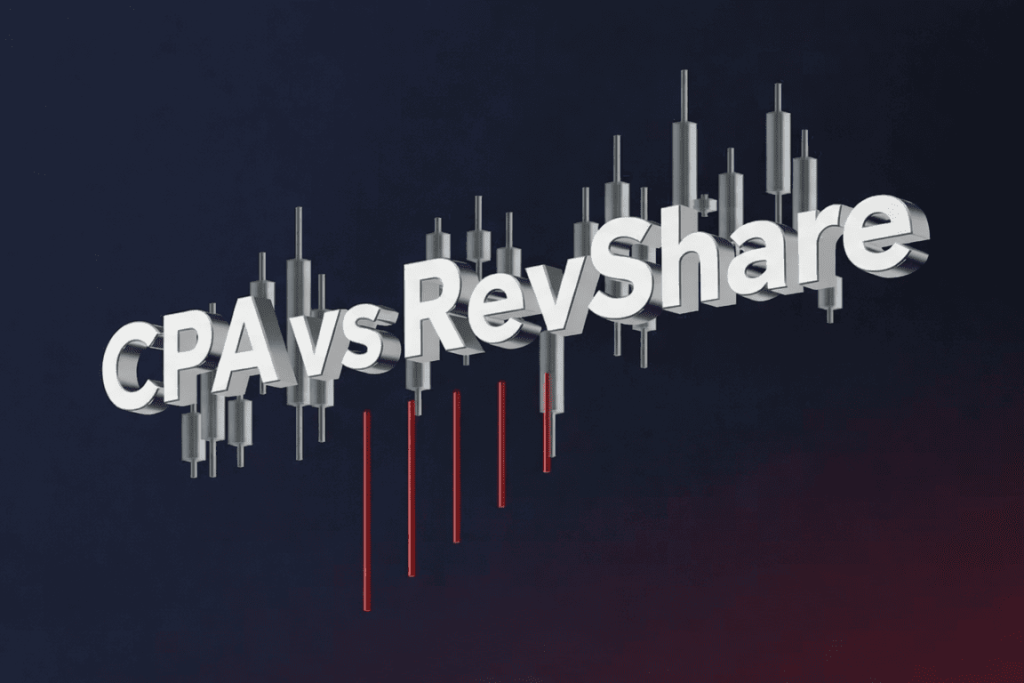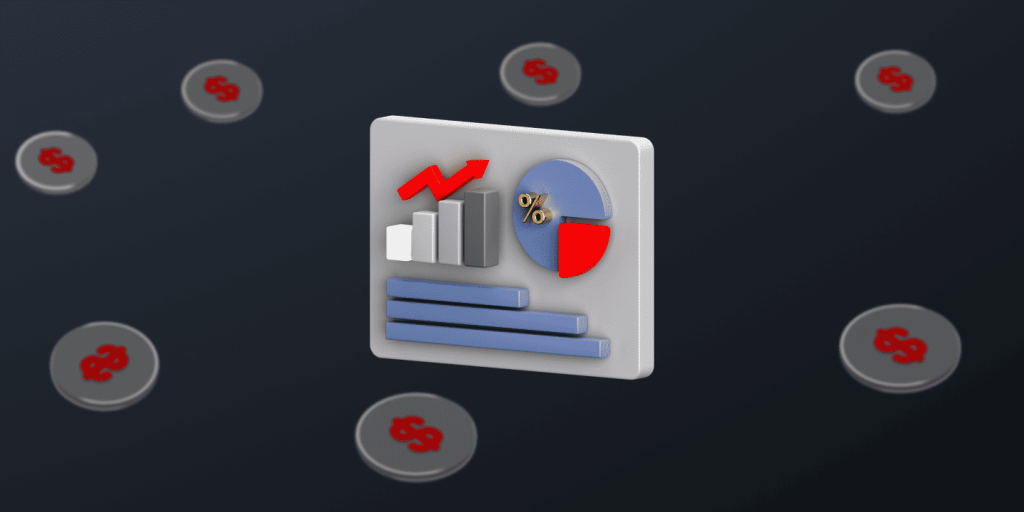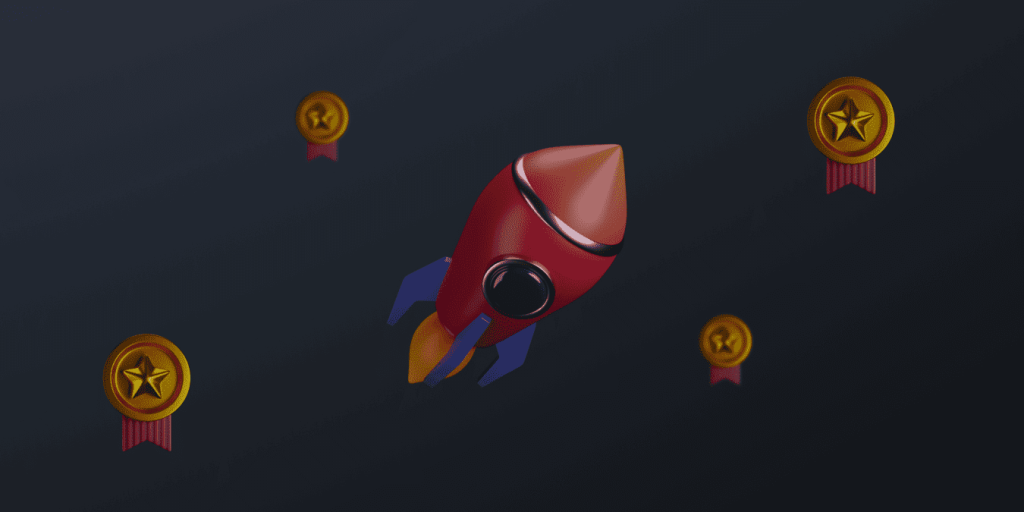
What is Prop Trading? The Pros and Cons of Proprietary Trading
Contents
When talking about trading, the traditional model comes to mind first – users sign up for a certain trading platform, deposit funds, open orders, and earn or lose their money. Meanwhile, there is another way of trading. Users sign up for a brokerage company and get funds they are free to utilize for making deals. Such a model is known as proprietary (prop) trading. What does it mean and why do companies unlock access to their own funds?
The Brief History of Prop Trading
Let’s dive deeper in the history of proprietary trading to understand how it works and what key advantages traders get.
The first prop trading firms appeared in the USA – such companies had been training newcomer traders within their structures with the goal of further cooperation. In other words, trading companies provided new entries with qualitative education and kept the best specialists for themselves.
You may also like
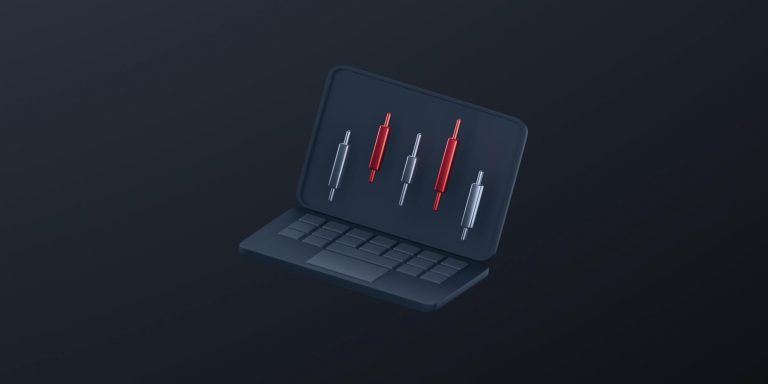
What is Prop Trading?
The understanding of the term “proprietary trading” underwent some changes in recent years. At first, companies trained traders and then hired them. Professional traders got access to large capitals that significantly enhanced their opportunities. As for companies, they were able to earn money from experienced successful traders.
Meanwhile, at present prop trading is understood in a broader sense. Firms do not need to hire experienced traders – that is completely enough to provide them with large capitals and unlock access to an advanced trading platform.
How Do Prop Trading Firms Work?
Prop trading firms deal with brokerage companies as well, acting as a big corporate client. The main goal of such a company is to provide traders with large amounts and get some percentage of their successful deals.
Here are the stages of how the vast majority of prop trading firms function:
- Traders complete the signup process and join a company.
- Newcomers get funds from a prop trading firm.
- The given funds are free to use for opening orders.
- Successful traders earn up to 80% from the generated net profit. Another part of their profit is sent to a prop trading company.
The given working scheme is one and the same for all proprietary trading firms; meanwhile, the cooperation conditions may vary essentially.
For instance, traders need to deposit their own funds before getting capital from a company. Distribution conditions depend on a certain firm as well. Some companies are ready to give successful traders up to 80% of their net profits. Other firms introduce the system of levels – the higher level a trader gets, the higher rewards he receives.
The popularity of prop trading companies is growing rapidly. What are the key advantages and minuses of partnering with such firms?
Pros and Cons of Proprietary Trading
Let’s discuss the pros and cons of prop trading from the viewpoint of both traders and firms to get a complete picture.
The advantages of proprietary trading for traders are as follows:
- Traders access funds they can use for opening orders. The more experienced and successful traders are, the larger capitals they get under management. Some prop trading firms are ready to unlock access to millions of dollars.
- Companies are interested in successful and qualified traders; this is why a set of educational materials, webinars, and personal consultations are available.
- Traders get direct access to high-end functional software designed by a prop trading company, and a wide range of analytical tools.
- Prop trading companies provide their clients with the fairest quotes exported from exchanges directly. Such companies do not charge commissions and spreads.
- There is no conflict of interest between a prop trading company and a trader – firms want traders to earn as much as possible.
As for the key minuses of proprietary trading firms the following ones are pointed out:
- Most companies require the first deposit that serves as the security one. Depending on a chosen plan, traders need to fund their accounts at $300 – $2,000.
- Traders cannot access a company’s capitals right after the signup process. Foremost, they need to complete some training tasks and persuade investors they are able to bring profits.
- The variety of strategies and assets is rather limited. All the trading conditions are discussed in advance, and traders should not open orders that do not correspond to the agreed strategy.
- In case of several losing trades in a row, a company may freeze an account for a while.
- Such a model is suitable for experienced traders only. Prop trading firms do not invest their capitals in newcomers.
The advantages of prop trading for a firm itself are as follows:
- Companies obtain “passive income” from the attracted traders. They open orders, earn money, and a prop trading firm gets the agreed part.
- The diversification principle works when a lot of traders partner with a company. In case one trader shows worse results, another trader brings more profits.
- Firms build a network inviting the most successful traders that are able to reach multi-million dollar profits.
When talking about the minuses, the following cons take place:
- Firms attract different traders – some users trade at loss instead of bringing profits; this is why a company freezes its funds without any benefits.
- Strict control of how traders open deals is required so that users follow the agreed strategy and do not open deals that get out of the general picture.
The prop trading model sounds like a perfect option for both traders and firms. The first ones get large capitals and are able to realize their potential. Prop trading companies invest in experienced and successful traders and receive a percentage of their profits.
Is Prop Trading Legal? Regulatory Requirements
Regulatory requirements are of much importance when talking about trading. Are prop trading firms out of the law, or do they correspond to all the legal norms and standards?
Many beginner traders forget that the market of prop trading was born in the USA. US financial regulators apply the strictest measures to companies that function on the territory of the United States.
As such, the proprietary trading sector is completely legal in most countries, including the USA and EU jurisdictions. On the other hand, some firms enter the market having no permits from financial regulators. That is a reason for not partnering with a company. Top-rated prop trading firms are legal and provide their clients with transparent conditions.
Key Risks of Prop Trading Companies
The prop trading model seems to be the best solution for brokerage companies that expect to earn money with minimum risks. Nevertheless, such firms take some risks. What are they?
- Companies may face losses when a trader opens a set of losing deals. The agreed trading strategy, limits, and strict control of a user are restraining factors; meanwhile, such a situation is possible.
- Prop trading firms invest their time and efforts to upgrade traders’ skills. Meanwhile, a trader may bring no profits.
- Companies invest much in advanced software, next-gen analytical instruments, and educational materials. Some of the expenses are required permanently.
Do Prop Traders Make Money?
There is no definite answer for this question as everything depends on a certain trader. According to Glassdoor, prop trading companies pay traders from $170,000 to $318,000 annually.
Experienced successful traders who understand the market and make qualitative analysis always remain profitable. As for the clients who tend to do emotional trades and chaotic orders, they lose more money than they earn.
How to Open a Prop Trading Firm?
The proprietary trading sector is gaining popularity throughout the world; which is why newcomer companies are rather numerous. What are the required steps to run such a firm?
First and foremost, investors need to understand how the market functions inside and outside. Without personal trading experience it is hard to open a profitable top-rated company.
Start with planning a firm’s business model that consists of the following components:
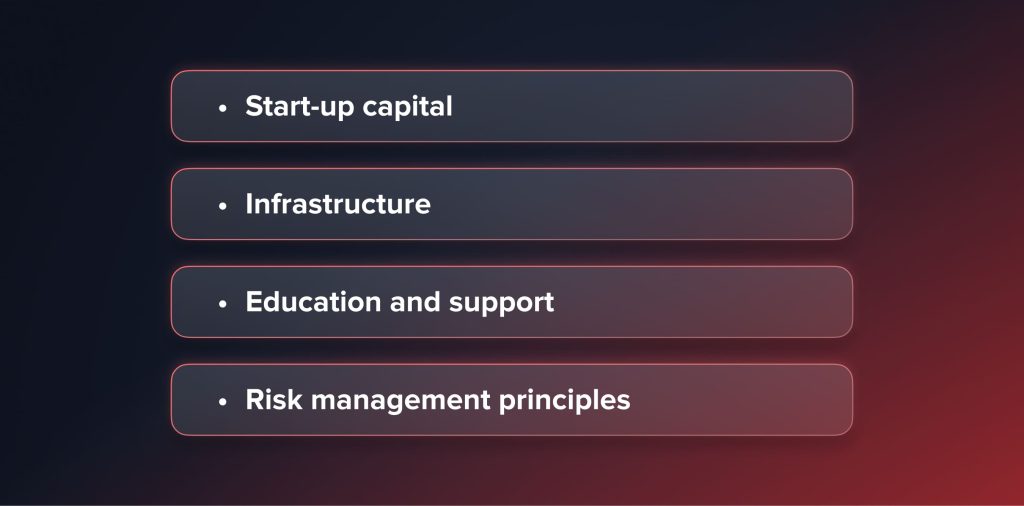
- Start-up capital. Traders access large capitals used for making orders. You need to decide what is the maximum available capital for each trader and how many traders you expect to attract.
- Infrastructure. Prop trading companies build their own multifunctional trading platforms that should fulfill all the needs of traders. Think over a set of analytical instruments and tools that help traders predict further price movements.
- Education and support. Prop firms are responsible for training their traders. The more professional and experienced traders are, the higher profits a company expects to get. Unlock access to multiple materials and provide your traders with quick access to professional support.
- Risk management principles. Traders have to follow the rules and risk management strategies defined by a company. Clarify such a strategy with the understanding of acceptable risks.
When all the preparatory stages are completed, the opening phase begins. Such a phase includes the following steps:
- Brand differentiation. Understand your business model, target audience, and competitive advantages.
- Licensing. Industry leading prop trading firms are legal which means you may get a license from a local financial regulator. Just bring your company in compliance with all the requirements and standards.
- Partnering with exchanges and brokers. Decide on the cooperation conditions, quotes, and other nuances and sign an agreement.
- Software connection and configuration. Ensure that a trading platform and analytical tools function correctly.
- Running a company. The last step lies in making a company available for beginner prop traders.
When the above mentioned steps are too complicated, you may run a prop trading company through the White Label model.
Bottom Line: Is a Prop Trading Firm a Good Solution for Investors?
Proprietary trading is somehow a new market that appeared in the mid 2000s in the USA. Investors provide qualified successful traders with large capitals and get a percentage of their net profits. In their turn prop trading firms unlock access to high-end software, diverse analytical tools and educational materials as they are interested in traders who constantly upgrade their skills and achieve more and more success. The model sounds as a beneficial solution for both sides.
Updated:
December 19, 2024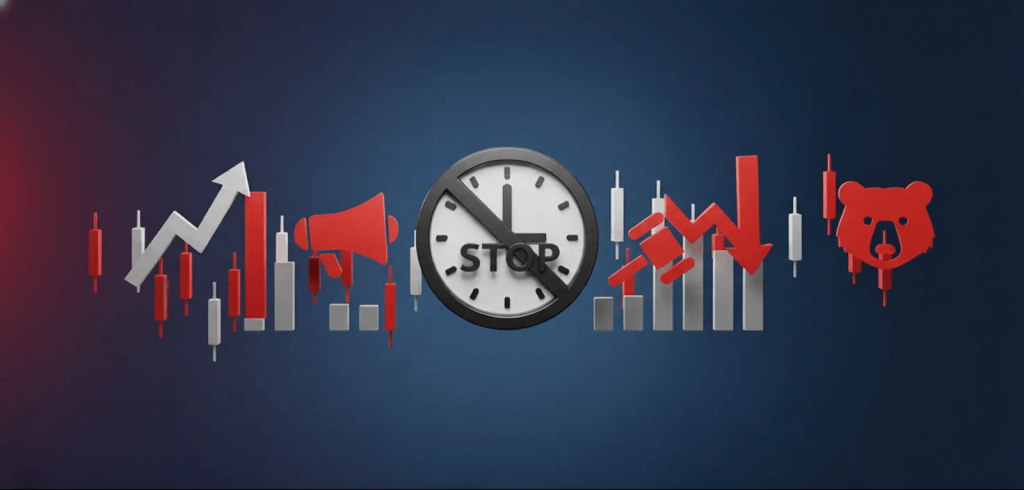
9 February, 2026
What Is a Trading Halt? Why Stocks Stop Trading and What It Means for You
A trading halt is when an exchange temporarily stops trading in a stock or, in rare cases, the entire market. It’s not a glitch and it’s not random. It’s a deliberate pause triggered when prices move too fast, critical information is about to be released, or regulators need time to step in. From the outside, […]



